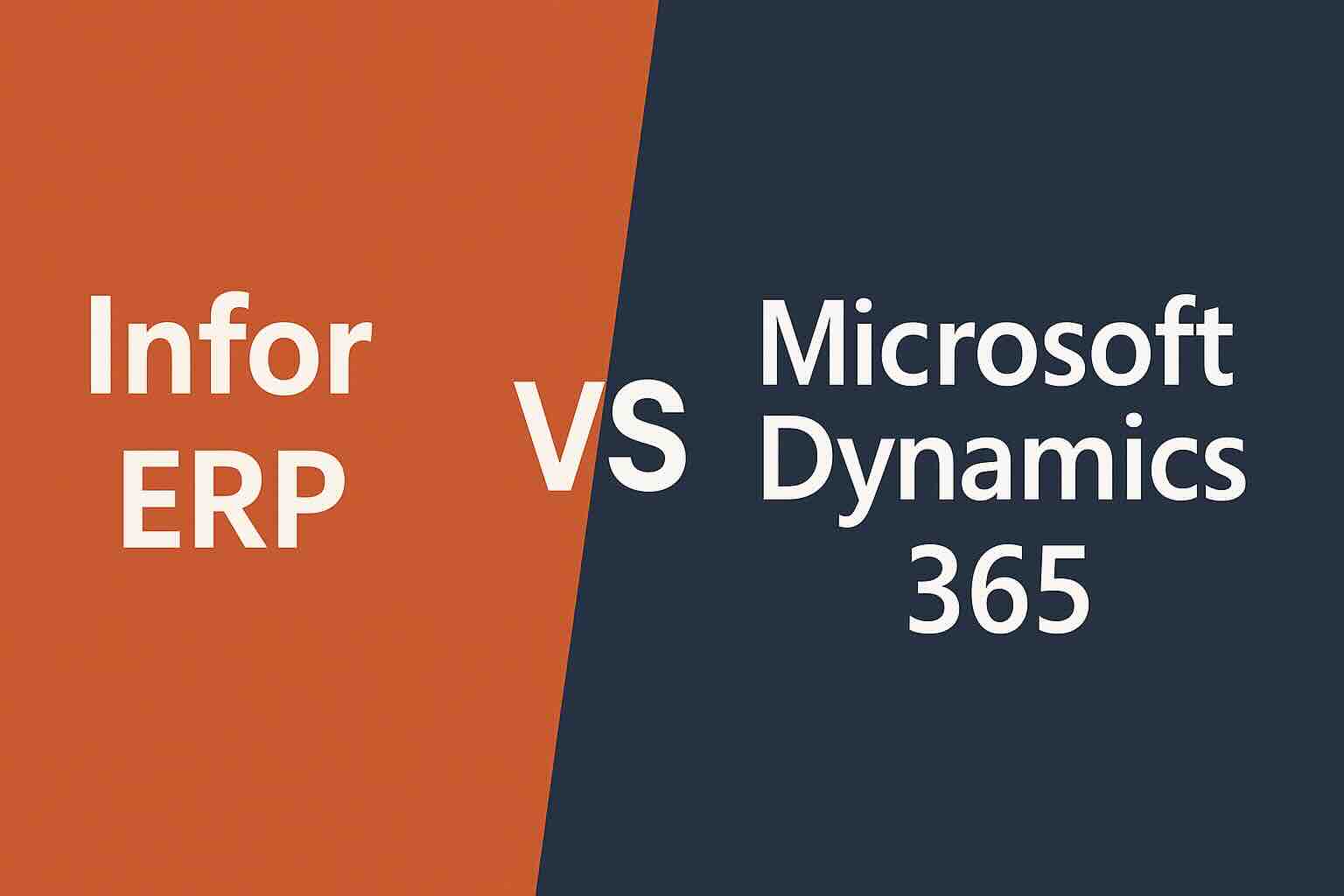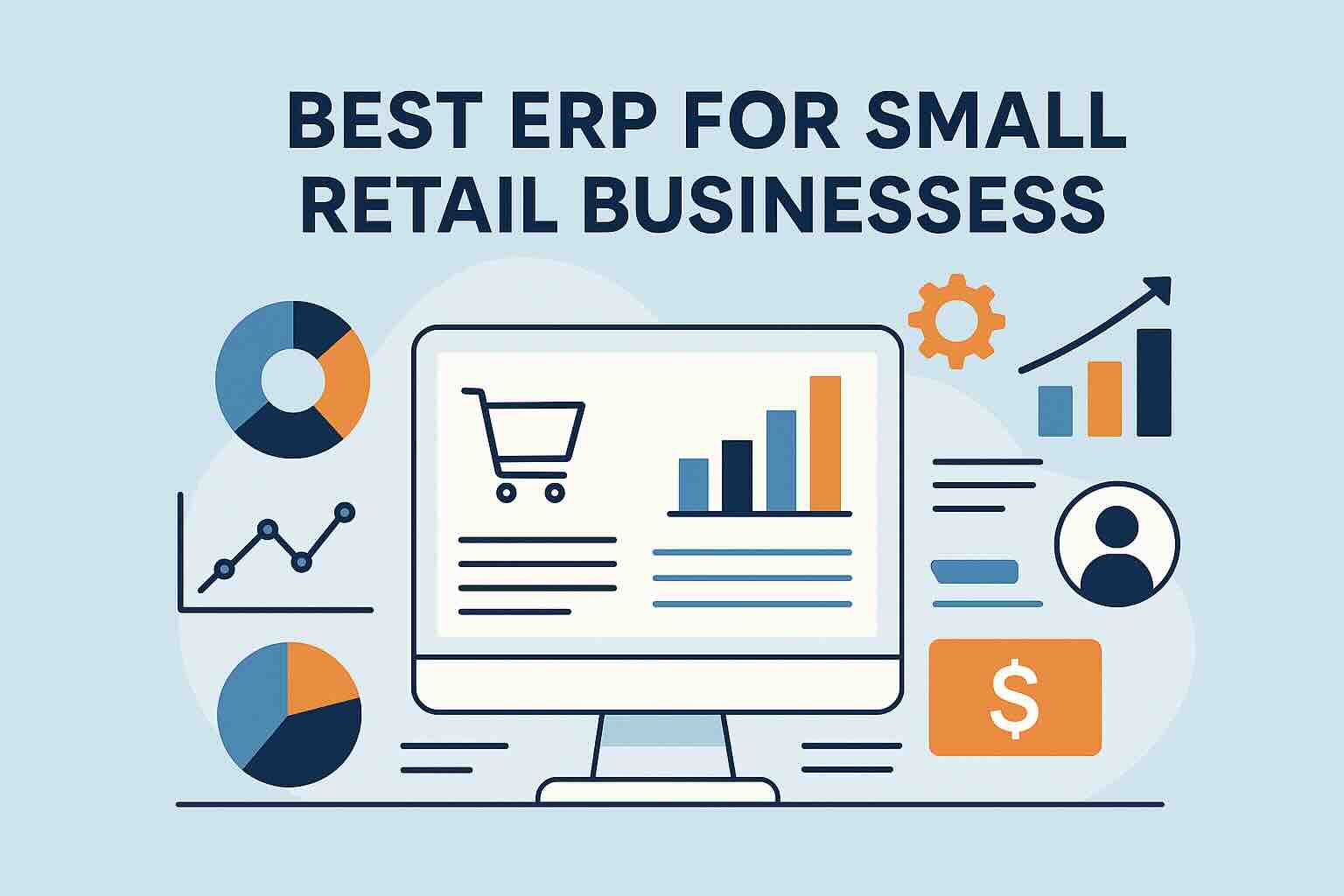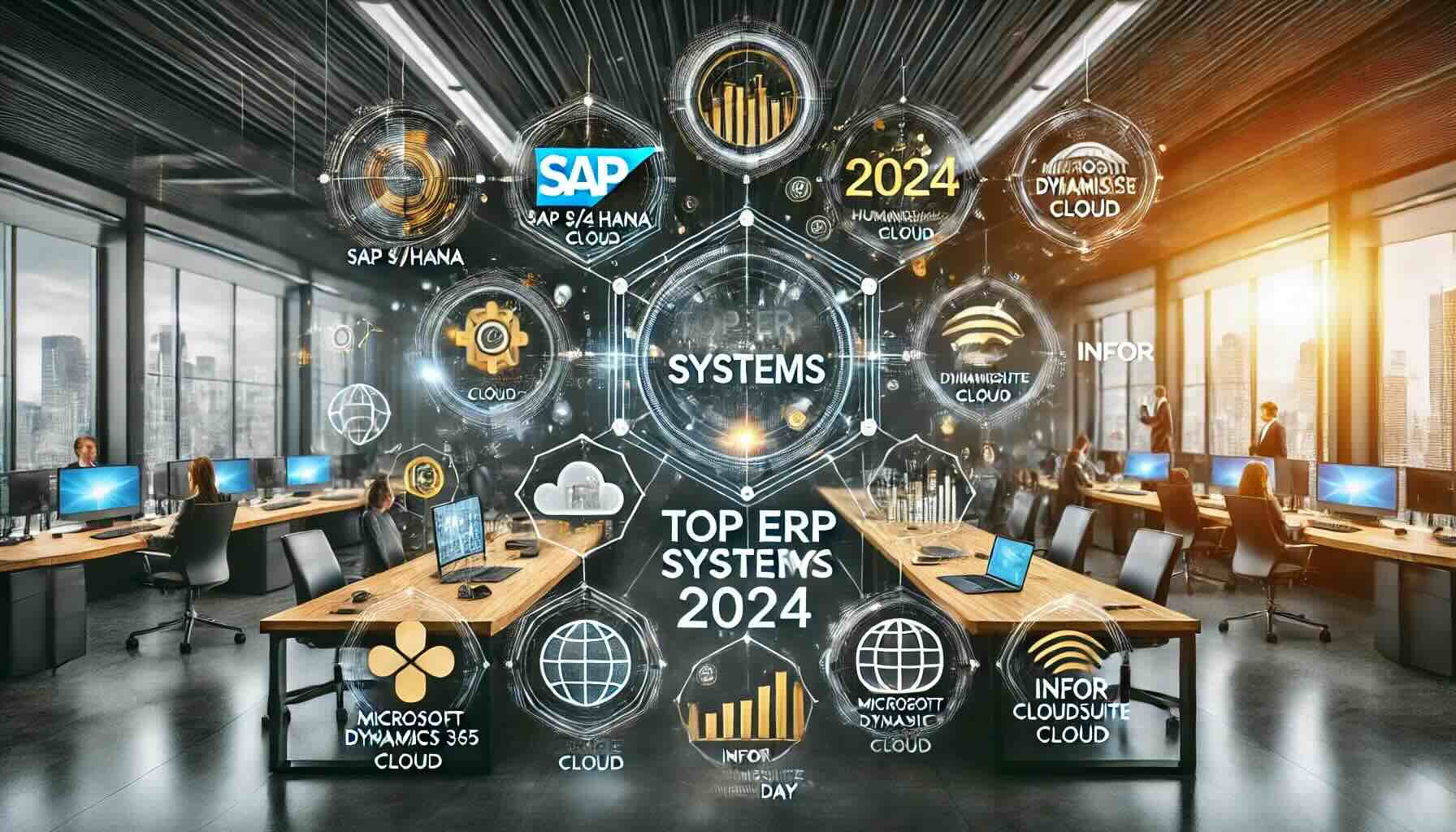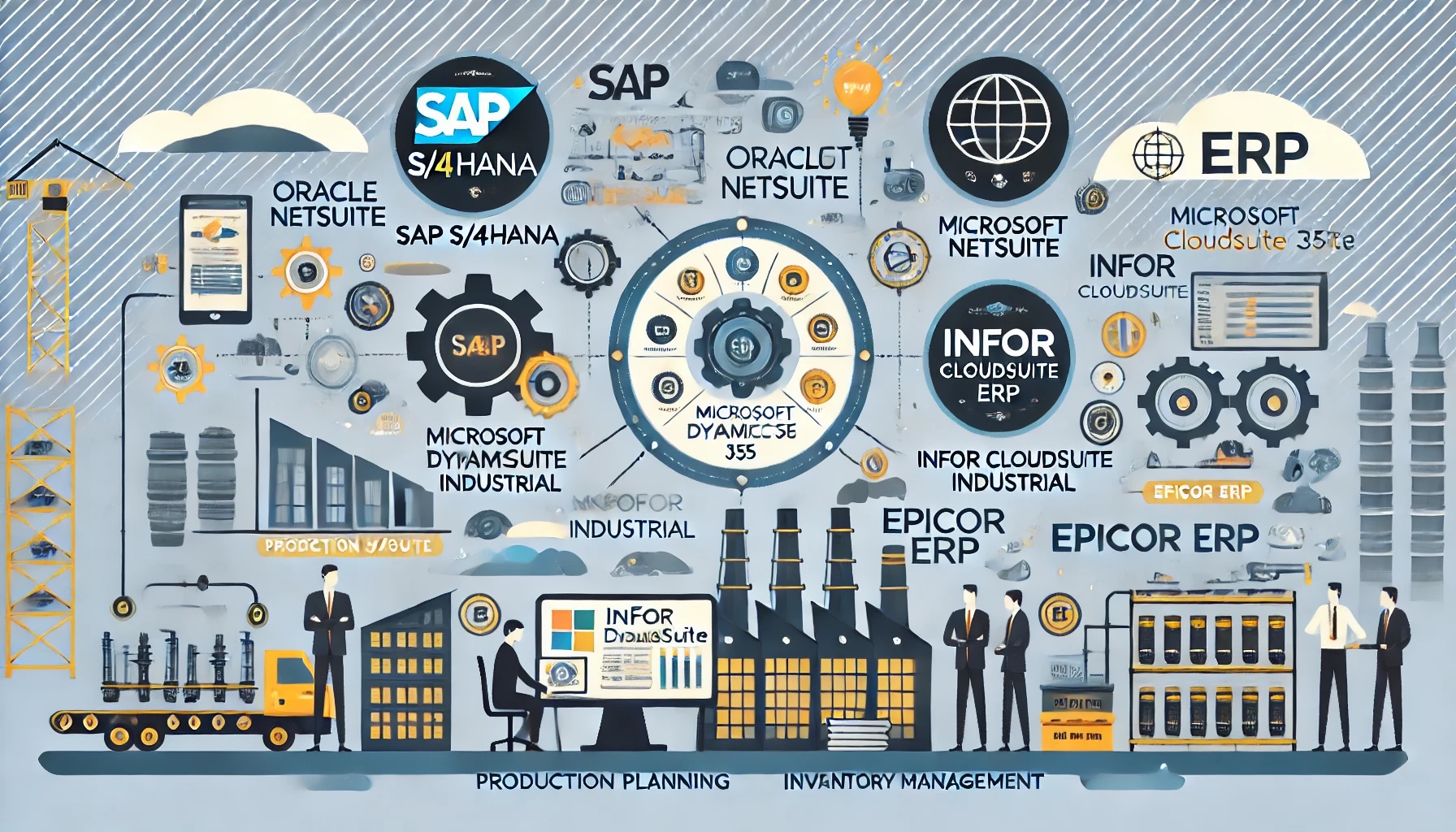Infor ERP vs Microsoft Dynamics 365: A Comprehensive Comparison

Choosing the right Enterprise Resource Planning (ERP) system can be the difference between streamlined operations and operational chaos. Among the top contenders in the ERP landscape are Infor ERP and Microsoft Dynamics 365. Both solutions offer robust features for businesses of various sizes and industries, but they have distinct strengths and strategic focuses. In this article, we’ll dive into a detailed comparison of Infor vs Microsoft Dynamics, helping you determine which might be the better fit for your organization.
Overview of Infor ERP
Infor ERP is a suite of enterprise software applications developed by Infor, tailored specifically for industry verticals such as manufacturing, healthcare, and distribution. Infor focuses heavily on deep industry functionality, offering ERP systems like Infor CloudSuite Industrial (SyteLine), Infor M3, and Infor LN.
Infor is recognized for its strong industry-specific solutions, deep functionality for manufacturing and supply chain management, AI-driven analytics through Infor Coleman, and a cloud-first approach via Amazon Web Services (AWS).
Overview of Microsoft Dynamics 365
Microsoft Dynamics 365 combines ERP and Customer Relationship Management (CRM) capabilities into a single platform. With its modular structure, businesses can choose only the applications they need, such as Finance, Supply Chain Management, Sales, or Customer Service.
Its key benefits include tight integration with Microsoft Office 365 and Azure, highly customizable modules, a broad ecosystem of third-party apps and partners, and an intuitive user interface that aligns with the familiar Microsoft experience.
Infor vs Microsoft Dynamics: Key Comparison Areas
Industry Focus
Infor is particularly strong in verticals such as manufacturing, distribution, healthcare, and the public sector. Its ERP products come with industry-specific features built-in, reducing the need for heavy customization.
Microsoft Dynamics 365, while more general-purpose, can be tailored to various industries through its flexible architecture and a wide range of partner solutions. It is especially effective in retail, finance, and professional services.
If your business is in a specialized or regulated industry, Infor may offer a more tailored solution. For broader applications or companies seeking scalability, Microsoft Dynamics provides flexibility and growth potential.
Ease of Use
Infor has improved its user experience significantly in recent years, particularly in its CloudSuite products. However, some users still find its interface less intuitive compared to other platforms.
Microsoft Dynamics 365 offers a sleek and modern interface that aligns with other Microsoft applications. This familiarity often leads to quicker adoption and less training time.
For ease of use and overall user interface design, Microsoft Dynamics 365 tends to have the edge.
Customization and Integration
Infor allows robust customization through its Infor OS platform and ION middleware, making it easier to connect with other systems.
Microsoft Dynamics 365, however, excels in this area thanks to its integration with the Microsoft Power Platform. Businesses can build custom apps, automate workflows, and gain insights using Power BI—all within the Microsoft ecosystem.
While both systems offer strong customization capabilities, Microsoft Dynamics may be more versatile, especially for organizations already using Microsoft products.
Cloud Capabilities
Both ERP systems are cloud-first, with Infor delivered through AWS and Dynamics 365 running on Microsoft Azure. Each offers scalability, performance, and strong security features.
However, Dynamics 365 benefits from tight integration with other Azure-based services, providing a more cohesive cloud experience, especially for businesses already leveraging Azure tools.
Cost and Licensing
Infor’s pricing structure varies depending on the suite and modules selected. Because its systems are designed for specific industries, businesses may save on customization costs.
Microsoft Dynamics 365 uses a modular, subscription-based pricing model. It allows companies to start small and expand as needed. However, licensing costs can add up quickly with multiple modules and users.
For industry-specific needs, Infor might offer better cost efficiency. For companies needing flexibility and modular growth, Microsoft Dynamics 365 is an attractive option.
Final Verdict
The decision between Infor vs Microsoft Dynamics ultimately comes down to your organization’s size, industry, and long-term goals.
Choose Infor ERP if:
-
You require deep industry-specific functionality.
-
You’re in manufacturing, distribution, or healthcare.
-
You prefer a preconfigured system with minimal customization needs.
You can visit this link to find out more about Infor.
Choose Microsoft Dynamics 365 if:
-
You want a flexible, modular ERP that can scale with your business.
-
You’re already invested in Microsoft products and cloud services.
-
You value strong integration, user-friendly interfaces, and customizable workflows.
You can visit this link to find out more about Microsoft Dynamics.
Both platforms are leaders in the ERP space, and selecting the right one should be based on your operational requirements, user needs, and digital transformation strategy.
Find the Perfect ERP in Minutes
Choosing the right ERP can transform your business. With our AI-powered Compare ERP tool, you can quickly explore and compare solutions tailored to your needs. Get a personalized recommendation in less than five minutes. Our advanced engine analyzes millions of data points across 100+ ERP solutions, delivering your top three picks based on your business priorities. Best of all, it’s completely free. Take the first step toward streamlining operations and boosting productivity – start comparing today!









